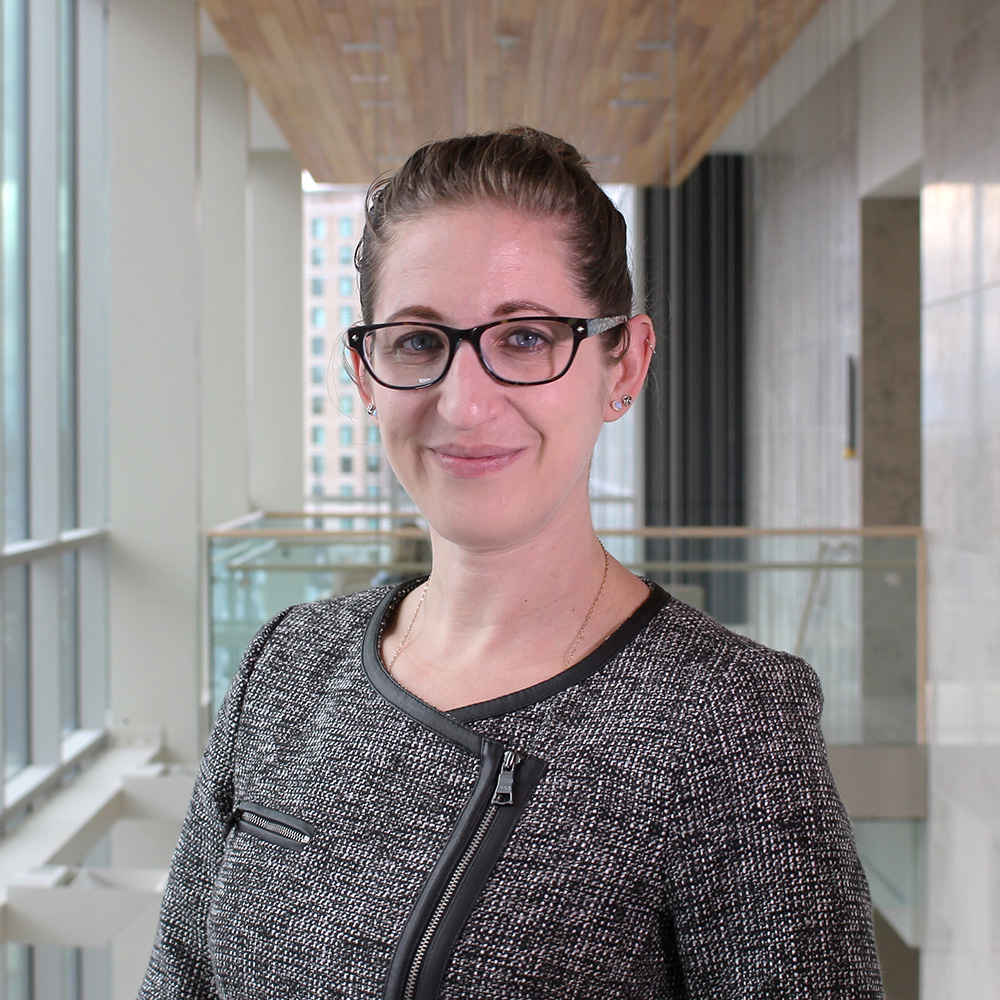1) What is the project you are working on in partnership with BioCanRx? What is your end goal with this project?
As a previous BioCanRx-funded Core facility as well as a funded network investigator, me and my team at OHRI’s BMC are currently working on a number of manufacturing projects and training initiatives. Right now, we are gearing up to GMP manufacture of a lentivirus for a novel TAC-T cell product that will be used in a Phase I clinical trial opening in early 2026. We are also actively working with the Conconi Family Immunotherapy Lab (CFIL) – another BioCanRx supported facility, on the technology transfer of their CLIC1901 CAR-T manufacturing process to us at the BMC as part of BioCanRx’s point-of-care manufacturing initiative. We’ve made great progress as part of this highly collaborative project over the past nine months, and anticipate having the ability to treat Ottawa patients with CAR-T cells made in Ottawa by summer of 2025. Lastly, right now, we are in the process of hiring our 6th cohort of CanPRIME students- a Canada-first, biomanufacturing training program that is jointly funded by BioCanRx and Mitacs. We are very excited to welcome these students to the BMC and work with them for the next 8 months to provide them with the fundamental knowledge and skills required to work in a biomanufacturing environment.
2) How has funding from BioCanRx allowed you to pursue this project?
Biomanufacturing, and by extension, specialized training in biomanufacturing, is difficult and costly to access. Funding from BioCanRx has allowed us to provide much needed subsidy to Canadian academics, biotech start-up companies and students, which is helping grow and more importantly anchor this important sector in Canada.
3) Where does your current project fit in the ecosystem of Canadian cancer immunotherapy?
Our projects fit within Canada’s biomanufacturing ecosystem. Without access to quality, affordable and timely biomanufacturing, innovations in cancer immunotherapy get stalled in academic research labs to the detriment of Canadian cancer patients.
4) What is the most satisfying part of your work?
Knowing that through collaboration and persistence, that we can make a positive impact on the lives of cancer patients and their families.
5) What difference do you hope to make for cancer immunotherapy in Canada?
The complexity and cost of biotherapeutics is exacerbating health inequity in Canada. It is my hope through innovations in biomanufacturing, that we can make these transformational drugs more affordable, and therefore more accessible to the people who need them most.
